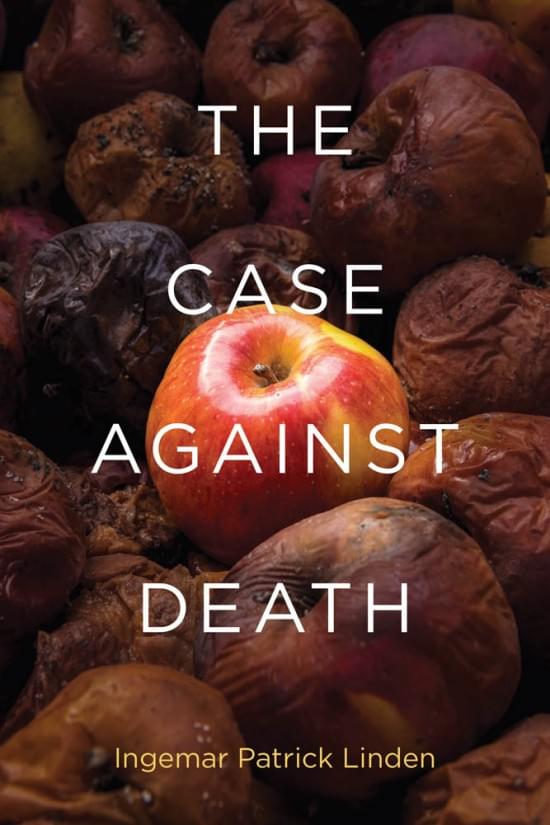By Ingemar Patrick Linden
A philosopher refutes our culturally embedded acceptance of death, arguing instead for the desirability of anti-aging science and radical life extension.
Ingemar Patrick Linden’s central claim is that death is evil. In this first comprehensive refutation of the most common arguments in favor of human mortality, he writes passionately in favor of antiaging science and radical life extension. We may be on the cusp of a new human condition where scientists seek to break through the arbitrarily set age limit of human existence to address aging as an illness that can be cured. The book, however, is not about the science and technology of life extension but whether we should want more life. For Linden, the answer is a loud and clear “yes.”
The acceptance of death is deeply embedded in our culture. Linden examines the views of major philosophical voices of the past, whom he calls “death’s ardent advocates.” These include the Buddha, Socrates, Plato, Lucretius, and Montaigne. All have taught what he calls “the Wise View,” namely, that we should not fear death. After setting out his case against death, Linden systematically examines each of the accepted arguments for death—that aging and death are natural, that death is harmless, that life is overrated, that living longer would be boring, and that death saves us from overpopulation. He concludes with a “dialogue concerning the badness of human mortality.” Though Linden acknowledges that The Case Against Death is a negative polemic, he also defends it as optimistic, in that the badness of death is a function of the goodness of life.
